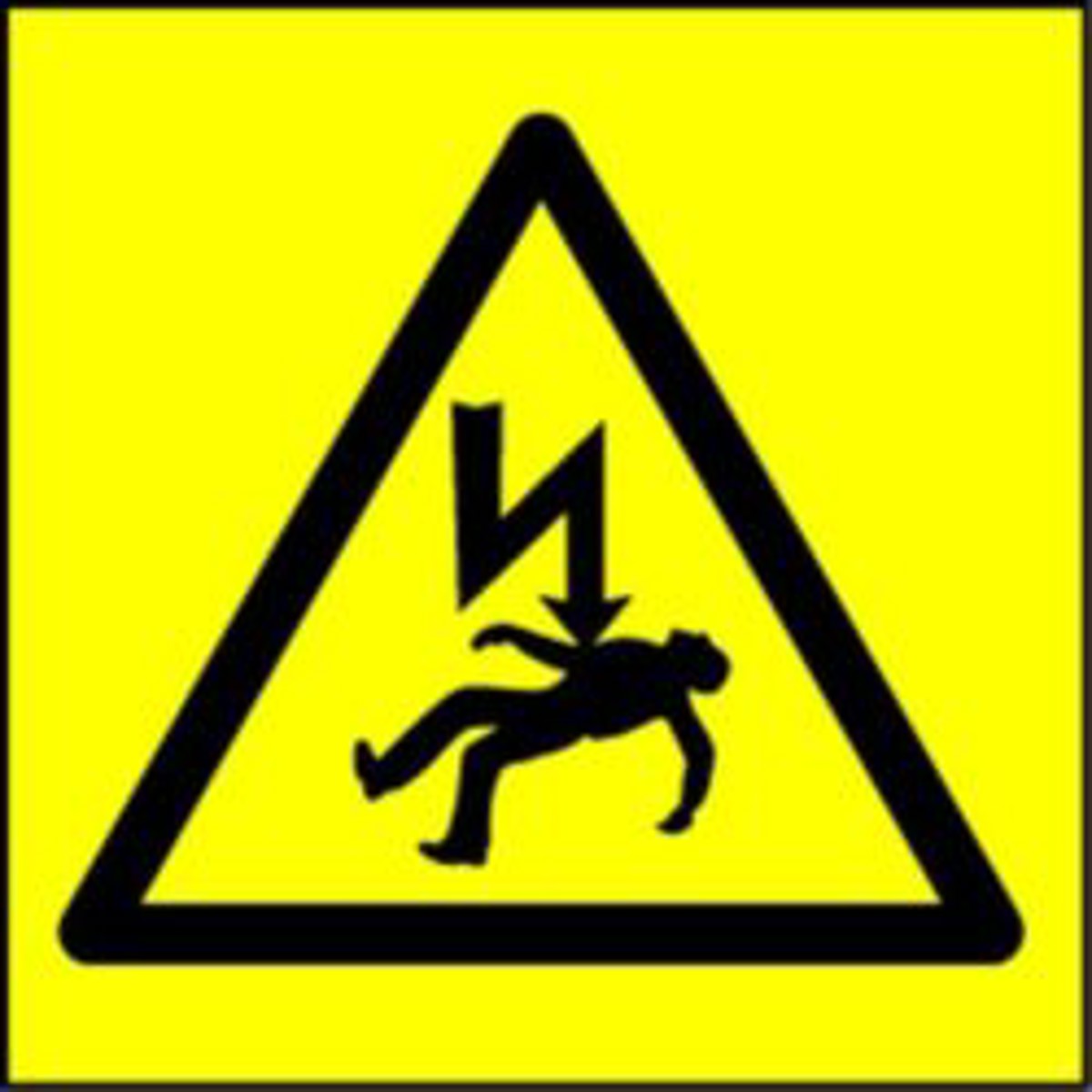Use of 220V AC power tools and equipment
- Safety Flash
- Published on 4 June 2019
- Generated on 25 February 2026
- IMCA SF 13/19
- 2 minute read
Jump to:
A Member has circulated guidance on the use of 220V AC portable electrical hand tools.

This followed reported concerns regarding the use of project and sub-contractor supplied 220V AC power tools and equipment during mobilisation and demobilisations.
For portable electrical hand tools, 110V AC equipment is the standard used by this member and indeed the UK standard. With regard to the use of 220 V AC power, concerns had been raised over:
- poor site housekeeping, specifically cable management
- incorrect ingress protection (IP) rating
- damaged tools and cables
- equipment used in inappropriate environmental conditions.
Regulations, company procedures, and IMCA safety promotional material, all highlight the risks of using electrically powered hand tools. Sometimes, for a number of reasons, 220V AC hand tools are used where 110V AC, pneumatic or battery operated equipment is unavailable.
What lessons were learned?
- Vessel energy sources, capacities and connections should be communicated between project teams and sub-contractors to ensure adequate time is given to review and plan works accordingly, with minimal deviations from the site controls and requirements.
- Task based risk assessments should consider the task, the site, the environment and the equipment, with operator/work party checks being essential for safe operations.
- Obtaining suitable 110 V AC, hydraulic, battery-operated or air driven hand tools and equipment should be considered where necessary.
The use of 110V AC power significantly reduces the hazard of electrocution, by reducing the potential in the line voltage and the fault current through the human body.
Where 110V AC, pneumatic or battery operated equipment is unavailable either on the worksite or through the sub-contractor, 220V AC portable electrical hand tools can be considered, once risk assessed, in order to ensure the correct controls are in place (minimal use, RCD in circuit, isolating transformer, correct equipment ratings, environment, etc.), on a case by case basis or in line with specific regional electrical tooling procedures.
Equipment supplied to site should always be fully operational and in serviceable condition and should be inspected by the end user before use.
Related Safety Flashes
-
IMCA SF 10/13
25 June 2013
-
IMCA SF 08/11
27 July 2011
-
IMCA SF 13/08
26 August 2008
IMCA Safety Flashes summarise key safety matters and incidents, allowing lessons to be more easily learnt for the benefit of the entire offshore industry.
The effectiveness of the IMCA Safety Flash system depends on the industry sharing information and so avoiding repeat incidents. Incidents are classified according to IOGP's Life Saving Rules.
All information is anonymised or sanitised, as appropriate, and warnings for graphic content included where possible.
IMCA makes every effort to ensure both the accuracy and reliability of the information shared, but is not be liable for any guidance and/or recommendation and/or statement herein contained.
The information contained in this document does not fulfil or replace any individual's or Member's legal, regulatory or other duties or obligations in respect of their operations. Individuals and Members remain solely responsible for the safe, lawful and proper conduct of their operations.
Share your safety incidents with IMCA online. Sign-up to receive Safety Flashes straight to your email.